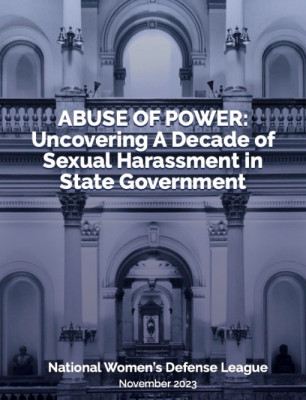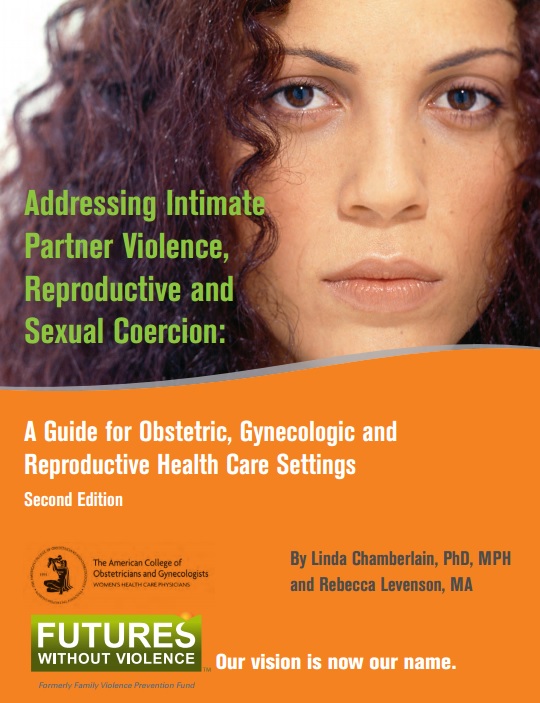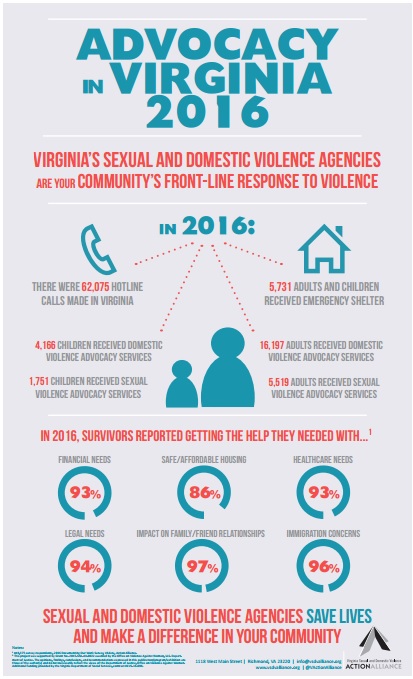Resources Library: Publications/Reports
Start a Search:
A-Z Advocacy Model: Asians and Pacific Islanders Build an Inventory of Evidence-Informed Practices
Asian and Pacific Islander domestic violence agencies have built an extraordinarily rich tapestry of approaches where advocates do everything it takes to mitigate barriers, challenge patriarchy, strategize to build safety and well-being, and redefine culture.
The A-Z Advocacy Model is anchored by five principles that analyze gendered and racialized cultural contexts, confront root causes, and engage in systems change and cultural transformation; all the while, holding women's equality and empowerment central to community well-being:
1. An analysis of intersectionality and patriarchy deepens the understanding of root causes and becomes fundamental to program design.
2. Culturally-specific programming means designing services that address ethnic and linguistic diversity within and among Asians and Pacific Islanders.
3. Survivor-centered advocacy is based on a culturally-specific analysis and definition of domestic and family violence.
4. Integrating an analysis of, and responses to, gender-based violence when working with API survivors of domestic violence became evidence-informed practice.
5. Engaging in systems advocacy builds gateways to services through collaboration, policy advocacy, and research.
Abuse of Power: Uncovering a Decade of Sexual Harassment in State Government

The inaugural report of the National Women's Defense League reveals that sexual harassment by sitting state lawmakers over the last decade is pervasive and ongoing: At least 130 statehouse lawmakers were accused of sexual harassment by 359 individuals since 2013 – with actual numbers likely three times as much due to under reporting by survivors and legislatures. This report report reviews the past 10 years of data and explores who is experiencing sexual violence and what accountability looks like/doesn’t look like for elected officials.
Active Listening Steps
This handout was provided by Santa Sorenson, from the Richmond Peace Education Center, at the workshop titled "Conflict Resolution" at the Virginia Department of Social Services Office of Family Violence Promising Practices conference on September 16, 2013.
Addressing Intimate Partner Violence, Reproductive and Sexual Coercion: A Guide for Obstetric, Gynecologic and Reproductive Health Care Settings Second Edition

This new resource, Addressing Intimate Partner Violence Reproductive and Sexual Coercion, cobranded by The American College of Obstetricians and Gynecologists and
Futures Without Violence, focuses on the crucial role of the health care provider in identifying and addressing IPV and reproductive coercion.
Advocacy in Virginia - 2016

Virginia's Sexual and Domestic Violence Agencies are your community's front-line response to violence. See the incredible impact that sexual and domestic violence advocates made in 2016, providing life saving services to those in need around the Commonwealth.

